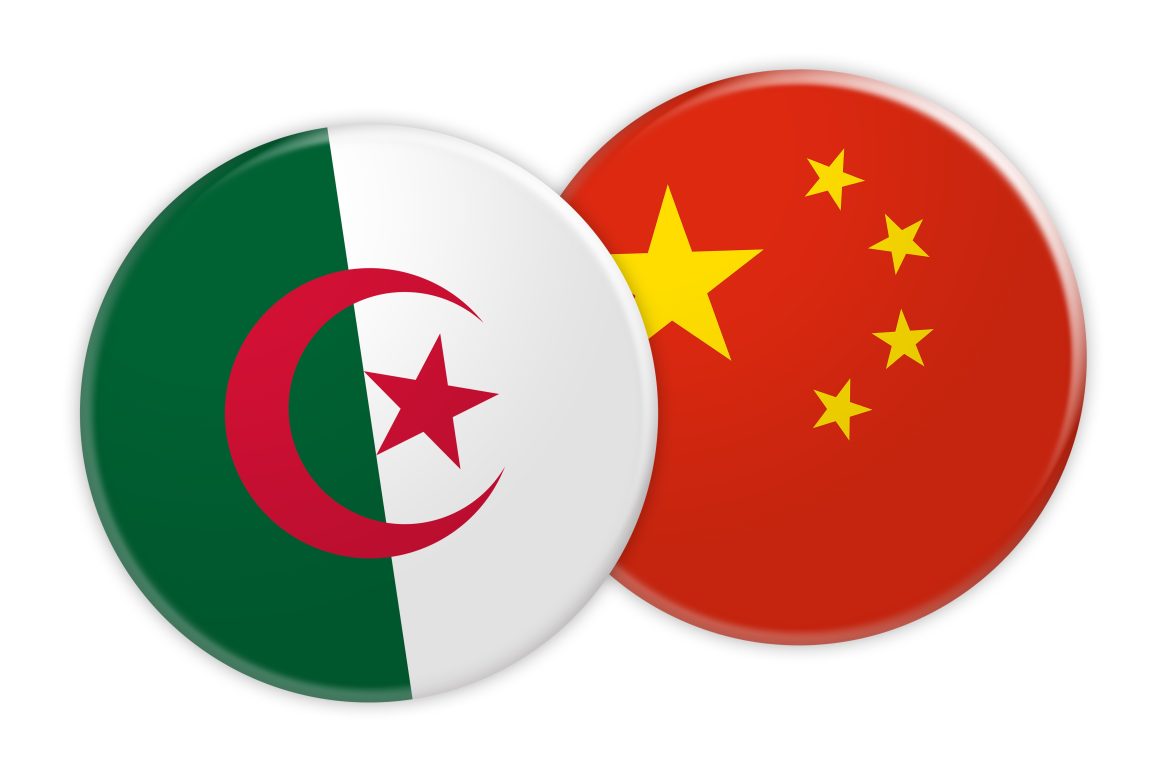Algeria wants to boost non-oil exports this year. The goal is $10 billion. This decision counters risks from an oil-focused economy. Oil and gas dominate Algeria’s exports, making up 93%. They also form 38% of the budget.
Turkey is a main ally of Algeria. Both countries are exploring economic collaboration. They’re investing in textiles and steel. TAY ALGERIA is a significant result of this partnership. It’s a big textile facility in Africa. It employs over 10,000 people and has high production rates.
Tosyali, a Turkish steel company, has a presence in Algeria. It operates a $2.4 billion complex. This plant strengthens Algeria’s manufacturing. It also provides jobs to over 6,000 people, as Energy, Capital, and Power reported.
In 2022, Turkey hit a $5 billion investment target in Algeria. They aim to deepen their economic ties. 1,400 Turkish companies operate in Algeria. Turkey plans to boost its financial commitment. This will aid Algeria’s diversification efforts.
China also plays a role in Algeria’s economic plans. They have invested through the Belt and Road Initiative (BRI). This massive project benefits various Algerian industries. Smail Debeche highlighted the partnership’s depth. It spans sectors like agriculture, technology, and infrastructure.
Currently, over 1,000 Chinese companies invest in Algeria. Their focus is on trade, energy, and agriculture. In December 2022, both countries forged a BRI plan. China intends to invest up to $36 billion in Algeria. This move will enhance trade and business opportunities.
To summarize, Algeria is diversifying its economy. Partnerships with countries like Turkey and China are crucial. These ties will help steer Algeria away from oil dependency. They aim for a more varied economic scene.



